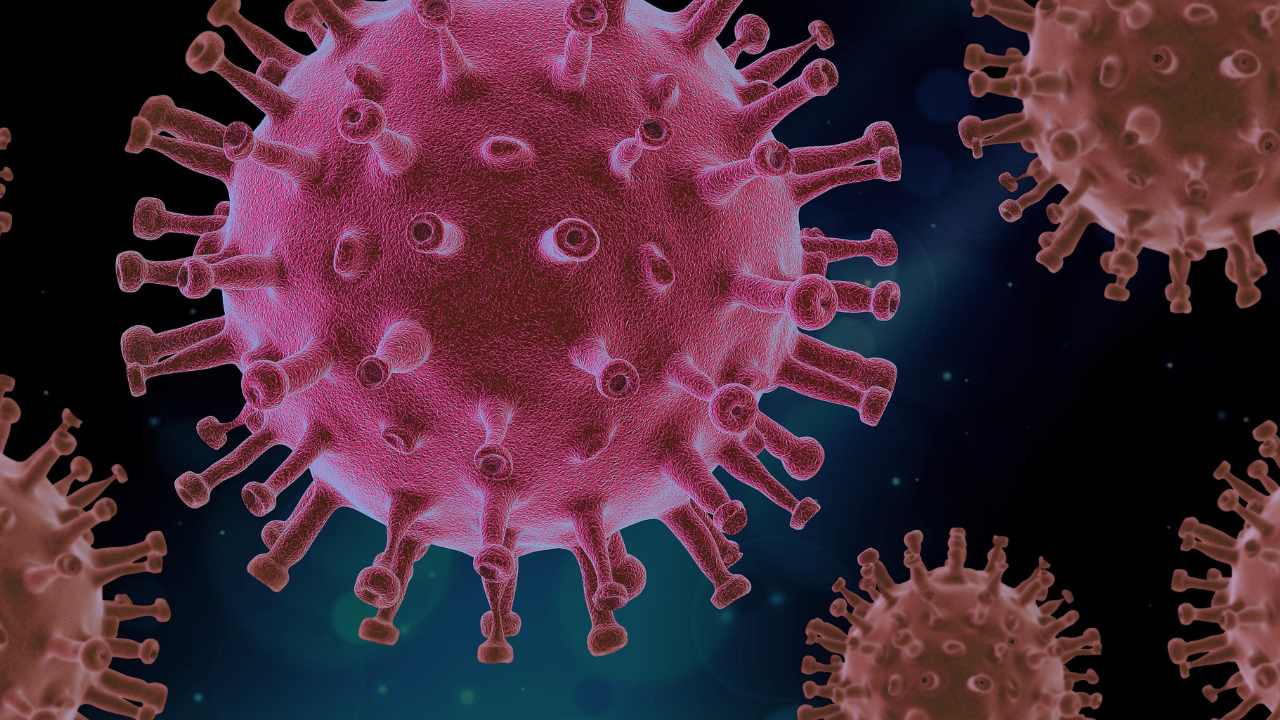The prestigious journal Science on Thursday published an editorial calling for a global effort to develop a universal coronavirus vaccine that would remain effective against other members of the same virus family that might cross over to humans. Wayne Koff, head of the Human Vaccines Project, and Seth Berkley, who leads the global vaccine alliance Gavi, said that although the Covid-19 pandemic was far from over, humanity now possessed the tools to end it and was undertaking the most rapid immunization campaign in history. But, they warned: “More virulent and deadly coronaviruses are waiting in the wings. Thus, the world needs a universal coronavirus vaccine.” SARS-CoV-2 belongs to a diverse group of viruses, of which there are thousands, characterized by their crown-like appearance, which comes from the spike proteins that dot their surfaces. They are capable of infecting a wide range of animals, from bats and pangolins to pigs and mink. Four coronaviruses are known to cause common colds in humans, and historically they have been deemed a low priority for research. That changed with the 2002 SARS-CoV-1 outbreak that eventually killed some 8,000 people with a fatality rate of 10 percent. Middle East respiratory syndrome coronavirus (MERS-CoV) in 2012 was 34 percent fatal. Koff and Berkley wrote there was a risk that SARS-CoV-2 may mutate in ways that will render current vaccines less effective — as has already been seen with the South African variant — or even become ineffective. Moreover, the potential is growing for other coronaviruses to jump the species barrier. “Modern agricultural practices, viral evolution, and relentless human encroachment on the natural environment mean there is an increased risk of people encountering previously isolated animal populations that harbour new strains with pandemic potential,” they said. “With human migration, population growth, urbanization, rapid global travel, and climate change hastening the spread, it has never been easier for outbreaks to turn into epidemics and escalate into pandemics.” On the other hand, they argued, advances in biomedical research, computing and engineering sciences had ushered in a new era in vaccine discovery. High-performance supercomputers can help identify new “antigens” — key viral proteins that induce immune responses, which vaccines use to train our bodies. Databases of genetic sequences of animal coronaviruses can be used to model how they will evolve. And research into how immune systems decline with age can help improve vaccine design. “This must be a worldwide effort. A roadmap is needed to lay out the core scientific issues as well as a framework for funding and sharing of information, data, and resources,” said the scientists. It won’t be easy, they said, but “if we choose to wait for the next coronavirus to emerge, it may be too late, as it was with Covid-19.”
They believe there is a risk that SARS-CoV-2 may mutate in ways that will render current vaccines less effective or even become ineffective.
Advertisement
End of Article


)
)
)
)
)
)
)
)
)



